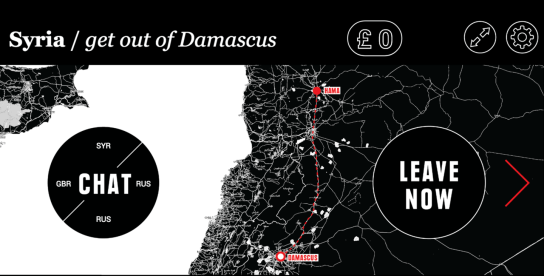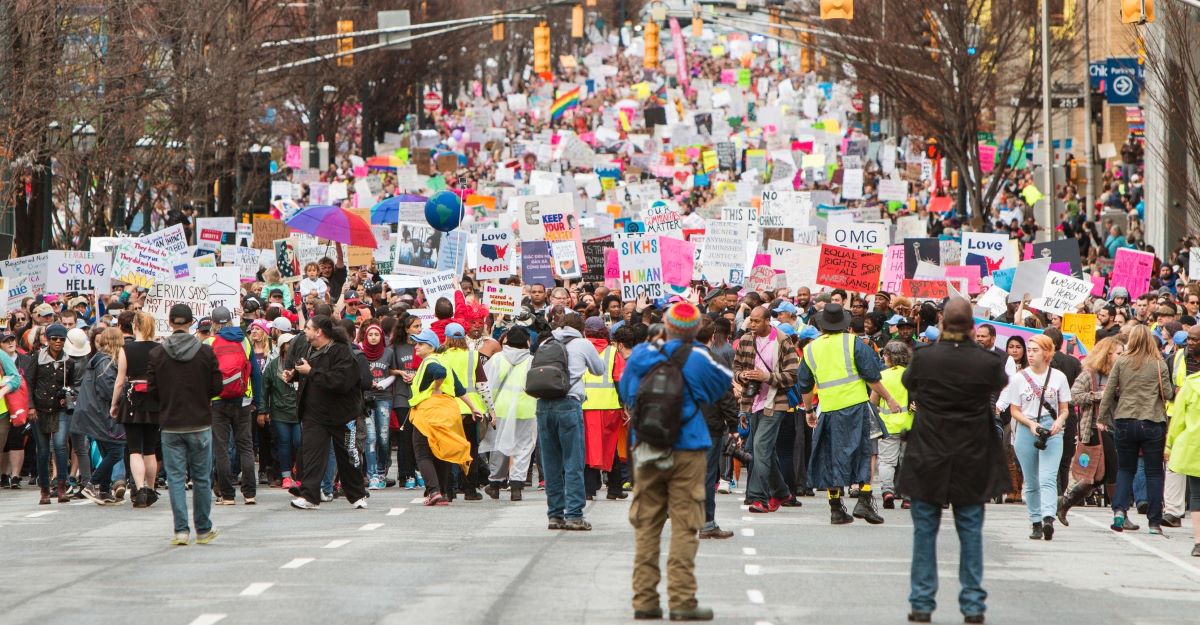20th February is the World Day of Social Justice promoting national activities in accordance with the objectives and goals of the World Summit for Social Development.
"The gap between the poorest and the wealthiest around the world is wide and growing. ... We must do more to empower individuals through decent work, support people through social protection, and ensure the voices of the poor and marginalised are heard."
Secretary-General Ban Ki-moon
Social justice is an underlying principle for peaceful and prosperous coexistence within and among nations. The UN upholds the principles of social justice by promoting gender equality and the rights of indigenous peoples and migrants. They advance social justice by removing barriers faced by people because of gender, age, race, ethnicity, religion, culture or disability.
For the United Nations, the pursuit of social justice for all is at the core of the global mission to promote development and human dignity.
The General Assembly proclaimed 20 February as World Day of Social Justice in 2007, inviting Member States to devote the day to promoting national activities in accordance with the objectives and goals of the World Summit for Social Development and the twenty-fourth session of the General Assembly. Observance of World Day of Social Justice should support efforts of the international community in poverty eradication, the promotion of full employment and decent work, gender equity and access to social well-being and justice for all.
Source: UN World Day of Social Justice
Explore content on this social justice, conflict and rights...
-
Race and Ethnicity Hub
Learn more to access more details of Race and Ethnicity HubThis award-winning hub offers fresh perspectives on race, racism and ethnicity through free courses, articles, interactives and audio/visual materials.

-
Literacy, social justice and inclusive practice
Learn more to access more details of Literacy, social justice and inclusive practiceThis free course, Literacy, social justice and inclusive practice, explores some of the tensions and debates linked to the aim of achieving literacy for all, using specific examples. It focuses on current significant debates related to the teaching of the technical aspects of literacy to a ‘sufficient standard’ and debates related to becoming a ...

-
Saving Setrus: To Intervene or not to Intervene
Take part now to access more details of Saving Setrus: To Intervene or not to InterveneA neighbouring state is falling into war. You're the Prime Minister - can you use your political capital to legally intervene? Should you even try?

-
Protest Banners
Watch now to access more details of Protest BannersInvestigate how protest banners have been used throughout history, the important political messages they have conveyed and how.

-
Explore the range of migrant experiences: Play Uneven Journeys
Take part now to access more details of Explore the range of migrant experiences: Play Uneven JourneysUneven Journeys offers a new way of exploring the routes migrants take to the UK - it takes patience when one false move can put you back where you started.

-
Work and mental health
Learn more to access more details of Work and mental healthAlthough being at work during periods of mental illness can be difficult for those with mental health problems, most people with these difficulties could take paid employment if it were not for numerous barriers in the workplace and the wider community (Centre for Mental Health, 2013). In this free course, Work and mental health, you will look ...

-
Literacy and Social Justice Hub
Learn more to access more details of Literacy and Social Justice HubWelcome! Delve through a range of resources to support you in widening your knowledge and understanding of literacy, language, literature and social justice.

-
Modern slavery quiz: would you prosecute?
Take part now to access more details of Modern slavery quiz: would you prosecute?Slavery did not end with abolition in the 19th century; it still continues today in every country. Take a look at this scenario and decide whether you should prosecute in this interactive quiz.

-
History and hope: Education for girls in South Sudan
Read now to access more details of History and hope: Education for girls in South SudanThe Ibba Girls School in South Sudan is giving girls in that country better opportunities. This article and presentation explains more about education barriers in South Sudan and what's being done to overcome these.

-
Religion and Violence
Watch now to access more details of Religion and ViolenceWhat is religious violence? How much violence is about religion - and is religious violence inevitable? Prof. John Wolffe explores these questions here.

-
Succeed in the workplace
Learn more to access more details of Succeed in the workplaceDo you want to change jobs, are you just starting in the job market or may be returning after a break? If so, then this free course, Succeed in the workplace, is for you. It will help you explore career opportunities. You will also gain the skills to write strong CVs and application forms, and to handle different types of interviews. By the end ...

-
Grenfell Tower Timeline: Was the disaster inevitable?
Take part now to access more details of Grenfell Tower Timeline: Was the disaster inevitable?A total of 72 lives were lost in the Grenfell disaster and anger has grown amongst local residents towards their council.

-
Midlife MOT: wealth, work and wellbeing
Learn more to access more details of Midlife MOT: wealth, work and wellbeingIntroducing your Midlife MOT. Your midlife years – that is, when you’re between about 40 and 60 – will probably be a very hectic time indeed. You might have ended up in a challenging job, or you might be working hard to get one. You could be looking after the kids, your parents or maybe both. Maybe you’re putting time and energy into a whole new...

-
The language of protest
Watch now to access more details of The language of protestProtesting is a form of political communication. It’s a form of political persuasion, where those without power or influence find ways to get their voices heard in order to express a message of dissent.

-
Protestivals - What are they?
Watch now to access more details of Protestivals - What are they?Protest Festivals or ‘Protestivals’ as they are also known, might seem like a relatively new concept, but scholars say that the roots of this particular form of protest can be found in the alternative globalisation movements that started in the 1980s.


Rate and Review
Rate this article
Review this article
Log into OpenLearn to leave reviews and join in the conversation.
Article reviews